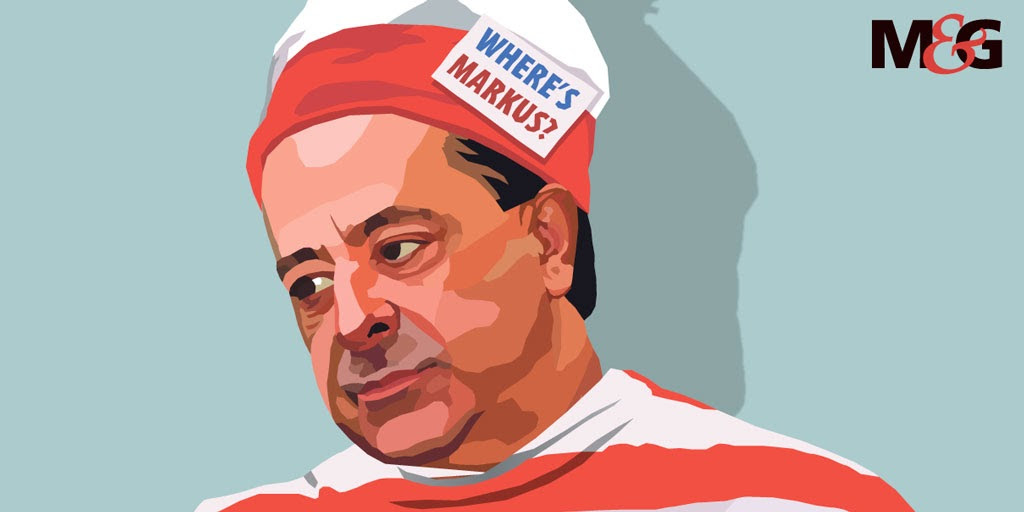It has long been apparent, well before the beginning of the judicial commission of inquiry into allegations of state capture on 21 August 2018, judging by the reporting in the Mail & Guardian and other publications, that government malfeasance had been aided and abetted by the private sector.
For some within our industry, testimony at another commission, the commission of inquiry into allegations of impropriety regarding the Public Investment Corporation, implicating KPMG, and then Angelo Agrrizi’s Zondo commission testimony vindicates reporting spanning years.
In January 2018, the Companies and Intellectual Property commission (CIPC) laid a criminal complaint with the police against KPMG, consulting firm McKinsey and software giant SAP. The year before, the CIPC had been instrumental in Dudu Myeni’s removal as SAA chairperson after the CIPC’s decision to challenge her for contravening sections of the Companies Act.
In 2015, it was KPMG’s consulting arm that completed the so-called rogue unit report at the behest of then South Africa Revenue Service commissioner Tom Moyane. With the company’s assistance, the Gupta family was alleged to have pilfered Estina dairy farm funds. And it was KPMG’s lead auditor on the VBS account who is alleged to have helped VBS cover up the crimes that were becoming evident.
And it wasn’t just KPMG. In 2020, Deloitte agreed to pay back R150-million in consulting fees to state power-utility Eskom to settle a dispute over improperly awarded contracts. This came months after Eskom took legal action against the consultancy arm of Deloitte, seeking to recover R207-million in fees doled out to the firm despite its pricing being five-times higher than that of its competitors.
Although the former president of the republic appears to be cha-cha slide with the law in avoidance of his appearance before the Zondo commission, our eyes are on Markus Jooste.
The KPMG and McKinsey cases may involve prominent private firms, but are seen by the nation as yet another sign of the Guptas’ baleful influence. The crooks are clear and remain the same, as does the problem: public-sector corruption.

Steinhoff is a different matter entirely. The state plays no role at all and the company was once held up as a pillar of the private economy. Its leadership is overwhelmingly white and its attitude to the post-apartheid government seems to range from indifference to scepticism.
Steinhoff grew beyond South Africa to have sizeable representation across sub-Saharan Africa, western Europe, Australasia and the United States. At its peak, it had amassed a market valuation of about €20-billion with revenue of about €10-billion. About half of that market value was wiped out when the accounting-fraud scandal surfaced in December 2017, making Steinhoff the biggest corporate failure in South Africa’s history.
On Monday, Steinhoff announced several measures that will bring it closer to settling several multinational litigation issues that have dogged the company since it collapsed under the weight of its billion-dollar accounting fraud in 2017.
A key player in these agreements is Steinhoff’s former auditor, Deloitte, which many believe should have had a hand in preventing thousands of shareholders from being defrauded.
Three years later, there’s been nary an arrest and Jooste is reportedly resisting a R162-million fine for sending text messages warning buddies about Steinhoff’s share price.
The rot in corporate South Africa goes hand-in-hand with that in the public sector. The business dealings between public entities and individuals and privately run businesses is fertile ground for graft; for every dirty government official it is almost certain that on the other side of the table sits a contractor, service provider, supplier or facilitator.
Whatever the source, corruption must be rooted out and prosecuted.
Kiri Rupiah & Luke Feltham write The Ampersand newsletter for subscribers. Sign up here for the best local and international journalism handpicked and in your inbox every weekday